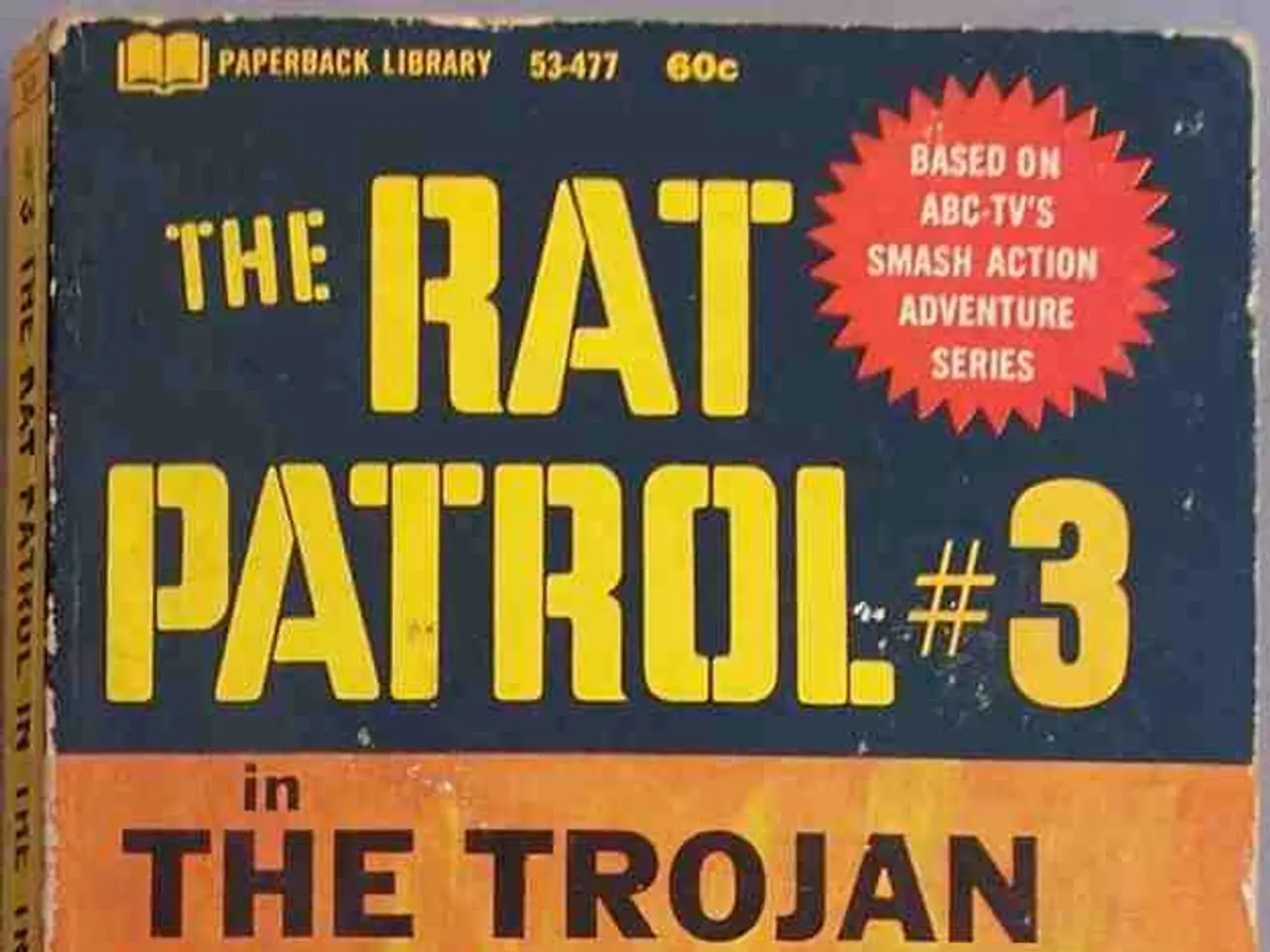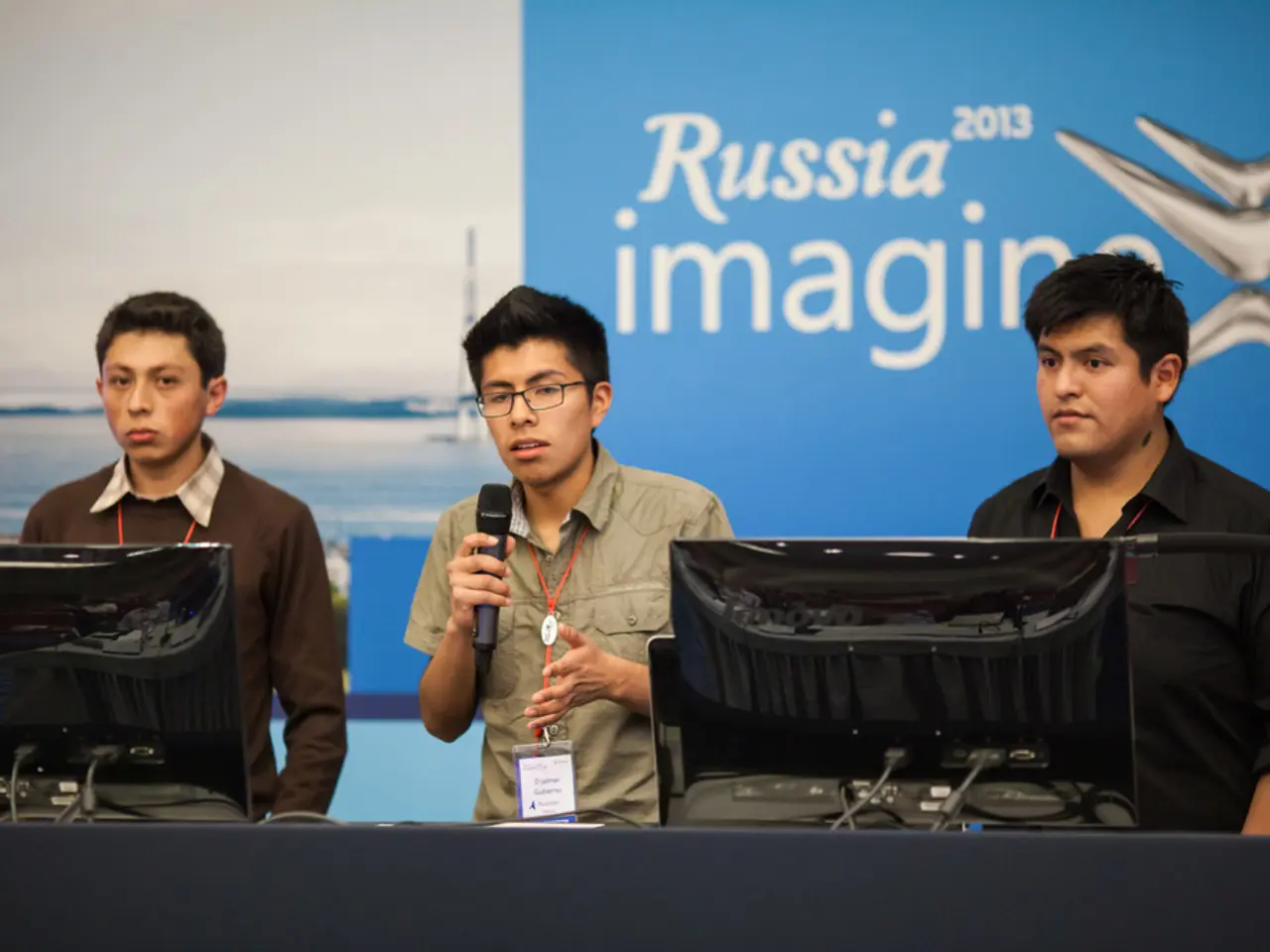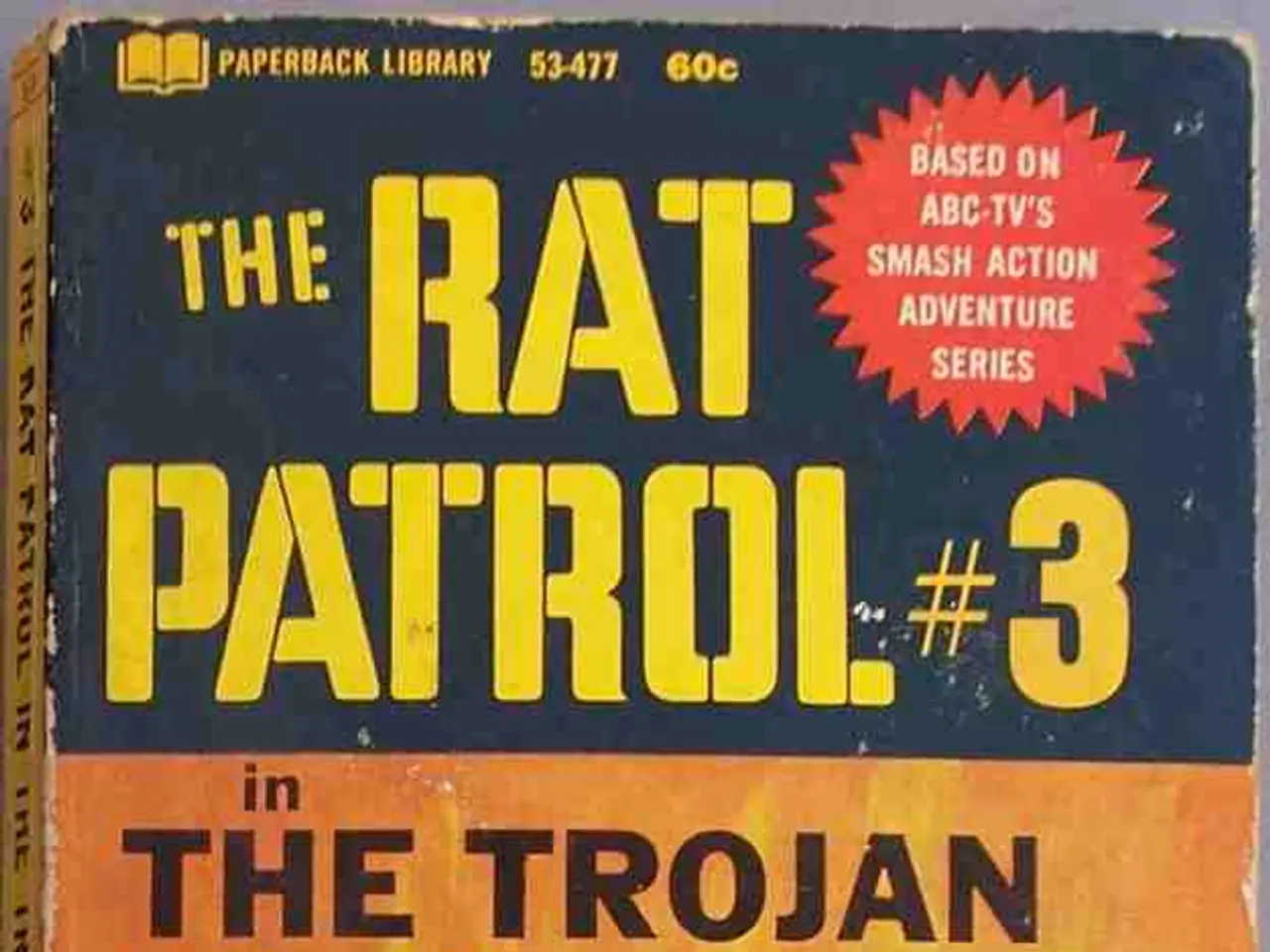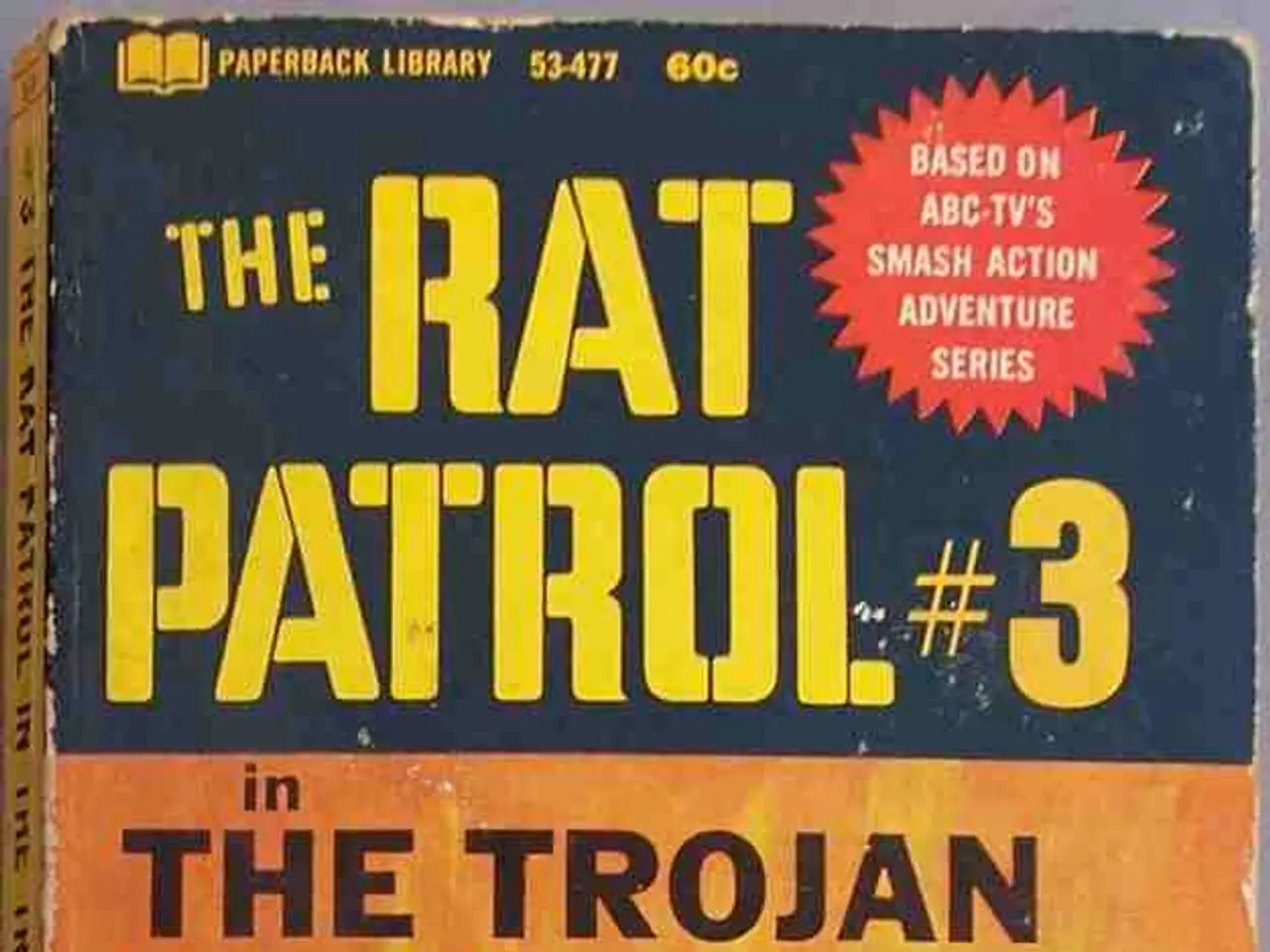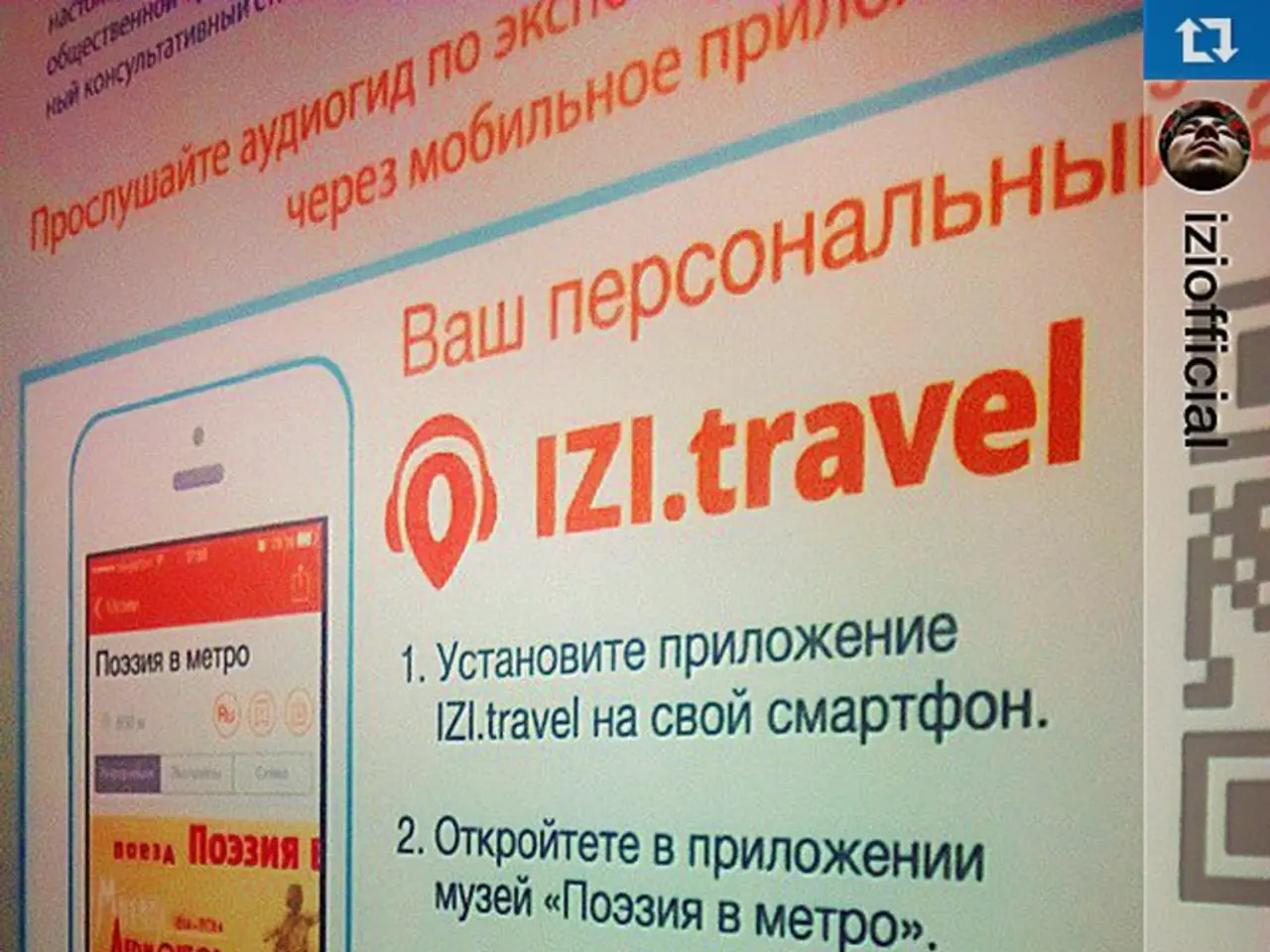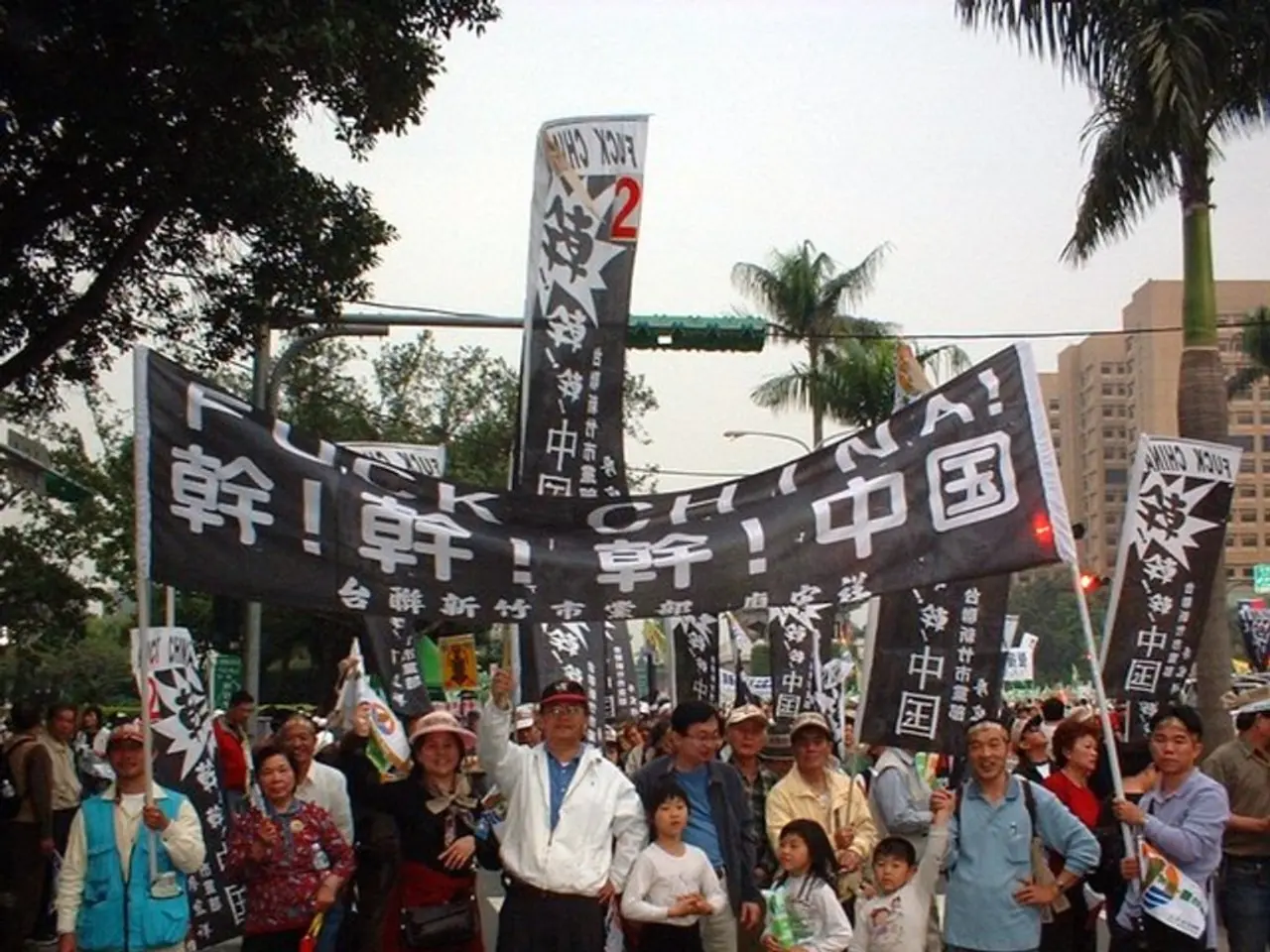Trump restates backing for Moroccan rule over Western Sahara territory
The Western Sahara sovereignty dispute, a long-standing conflict in North Africa, is showing signs of significant international movement towards supporting Morocco’s autonomy proposal as a solution.
Most notably, the United States under President Donald Trump has reaffirmed recognition of Moroccan sovereignty over Western Sahara and declared Morocco’s autonomy plan as the only viable solution to the dispute. This was reiterated in August 2025 in a message to King Mohammed VI, highlighting the US’s commitment dating back to the 2020 Abraham Accords in which Morocco normalized relations with Israel in exchange for US recognition of its claims. Alongside the US, Israel also formally recognized Morocco’s sovereignty over the region in 2023.
The United Kingdom has also shifted its stance, formally endorsing Morocco’s proposed autonomy plan as the “most credible, viable and pragmatic” solution in June 2025. This marks an unprecedented alignment among permanent members of the UN Security Council (US, UK, and France) towards Morocco's approach. France had similarly moved to support the autonomy plan in 2024 after years of neutrality. Spain, the former colonial power, also respects this autonomy plan as the most realistic path forward.
However, the dispute remains divisive internationally. The Polisario Front, backed by Algeria, continues to demand an independent Sahrawi Republic and rejects Morocco’s sovereignty claims. Algeria refuses to participate in UN roundtable talks aimed at resolving the issue and insists on a referendum offering independence as an option, a measure supported by the UN but never held. The UN itself does not recognize Moroccan sovereignty or Sahrawi independence officially, maintaining a neutral position while facilitating negotiations.
In summary, the main international powers—US, UK, France, and Israel—now officially or tacitly support Morocco's autonomy proposal as the basis for resolving the dispute, marking a rare diplomatic convergence. However, key regional actors like Algeria and the Polisario Front oppose this, insisting on full independence, leaving the conflict technically unresolved but at a critical diplomatic juncture with a “vital window of opportunity” in 2025 for a UN-mediated resolution.
The Moroccan proposal for Western Sahara was presented to the United Nations in 2007 as a solution to the Western Sahara dispute under its sovereignty. It has been administered by Morocco for 80% since the region was a former Spanish colony. The Moroccan autonomy proposal has the support of several countries, including the United Kingdom, France, Germany, Spain, Belgium, and Israel.
The current celebration of the Throne Day, marking the 26th anniversary of the King of Morocco's enthronement, was not explicitly mentioned as being related to the Moroccan proposal for Western Sahara, but a letter was sent on this occasion emphasizing recognition of Moroccan sovereignty over Western Sahara. The United States and Morocco aim to advance common priorities for peace and security in the region, based on the Abraham Accords, combating terrorism, and expanding commercial cooperation.
The world is witnessing a significant shift in international politics and general news, as major powers like the United States, United Kingdom, France, and Israel show support for Morocco's autonomy proposal in resolving the Western Sahara dispute. However, the Polisario Front, backed by Algeria, continues to advocate for an independent Sahrawi Republic, creating a divisive international atmosphere. The Moroccan autonomy plan, initially presented in 2007, has garnered the backing of several countries, including the United Kingdom and Israel, and is considered the most viable solution in the ongoing war-and-conflicts in North Africa.
